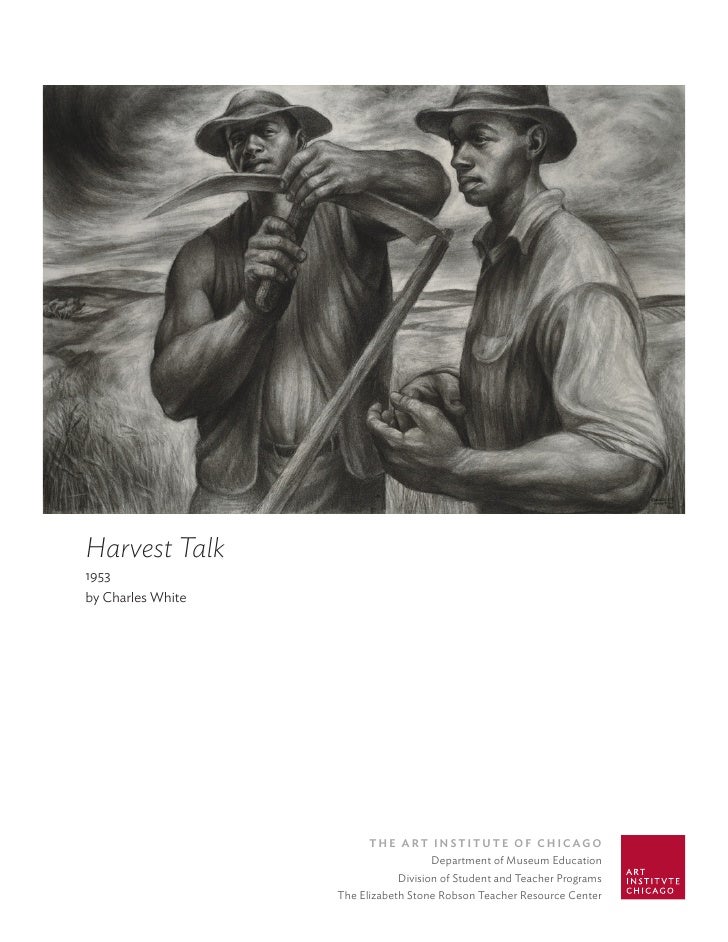How would you describe the message and mood of this drawing and what elements of the work contribute to the message and mood?
Let's read the first MC section.
When do you thin it was written? Why?
What do you think the author's nationality is? Why?
What is the author's main point?
What characteristics of this text make it challenging for the typical reader?
What makes it challenging to read? Content? Syntax? Diction? Tone?
pedantic
or pedantical
[puh-dan-tik]
1.
ostentatious in one's learning.
2.
overly concerned with minute details or formalisms, especially in teaching.

No comments:
Post a Comment